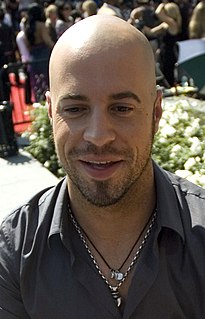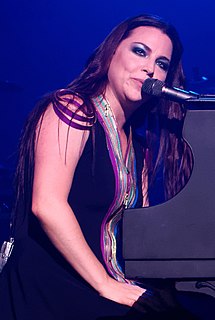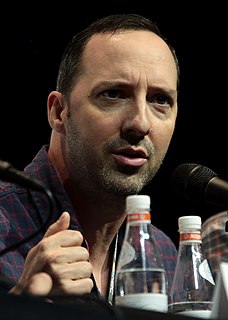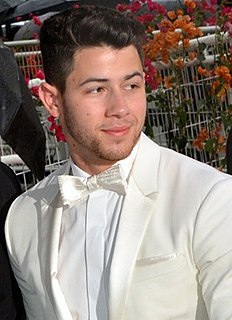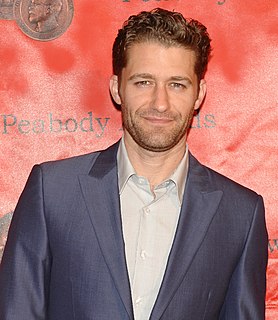A Quote by Chris Daughtry
Related Quotes
I always hated high-school shows and high-school movies, because they were always about the cool kids. It was always about dating and sex, and all the popular kids, and the good-looking kids. And the nerds were super-nerdy cartoons, with tape on their glasses. I never saw 'my people' portrayed accurately.
If they're trying to get high school kids to go to the D-League, I will be shouting from mountaintops saying, 'What is this going to do to a generation of kids who say, 'All right, I'm going to do this,' you get one or two years to make it, and now you're out without any opportunities. Who's taking care of those kids now?'
I went to a public high school and most of the comedy was coming from the black kids and the Asian kids and the Hispanic kids. And, the coolest kids to me where always the black kids. They were always fashion forward and they always dressed the coolest. They were always the best dancers, and just the coolest people.
Kids didn't have huge backpacks when I was their age. We didn't have backpacks at all. Now it seemed all the kids had them. You saw little second-graders bent over like sherpas, dragging themselves through the school doors under the weight of their packs. Some of the kids had their packs on rollers, hauling them like luggage at the airport. I didn't understand any of this. The world was becoming digital; everything was smaller and lighter. But kids at school lugged more weight than ever.
